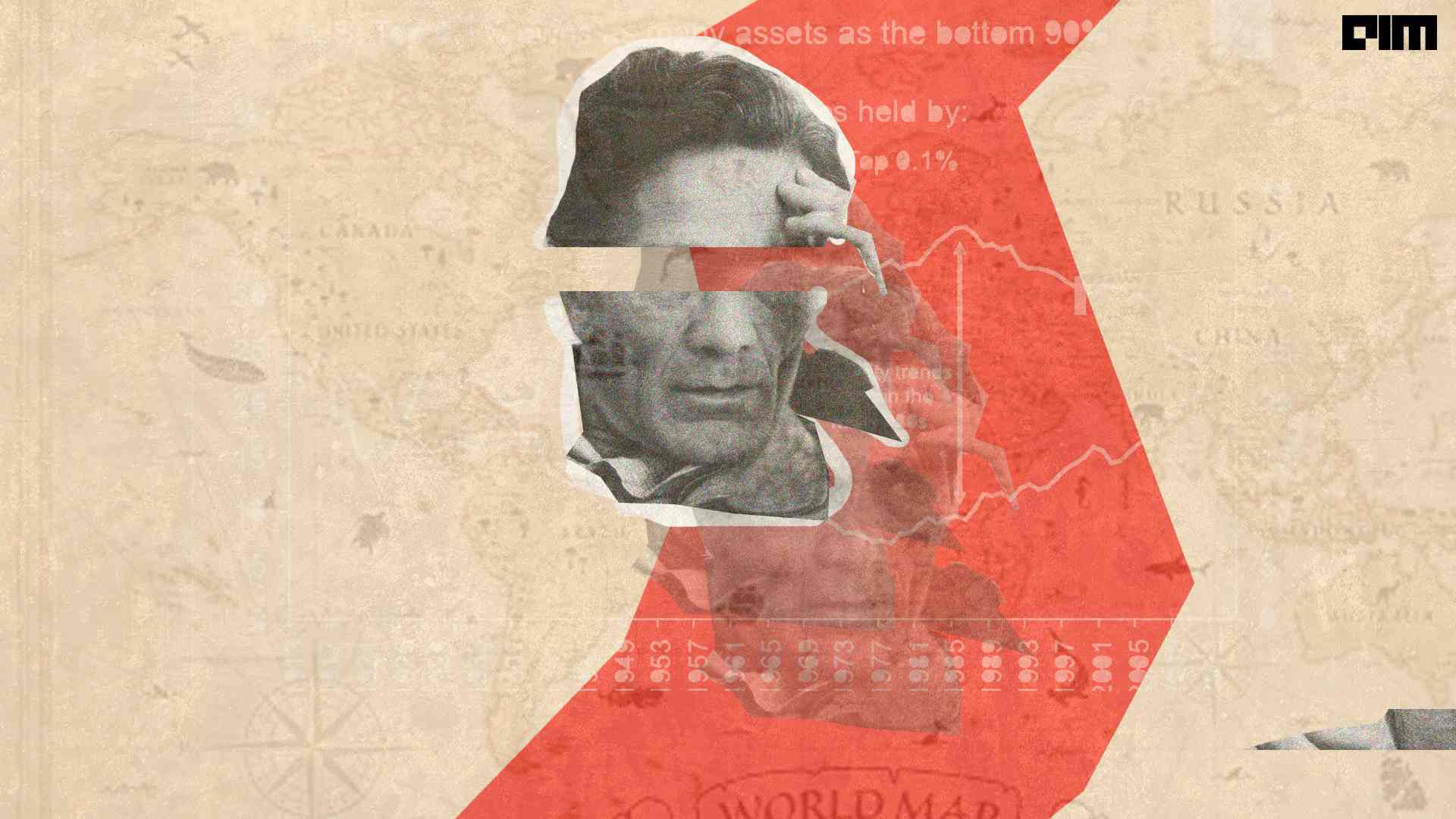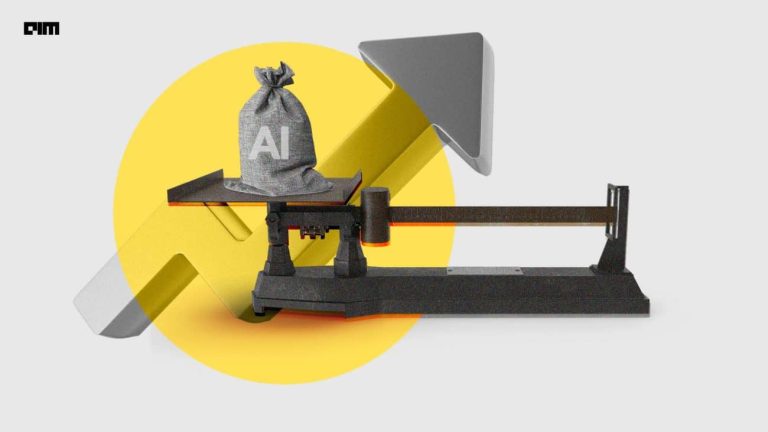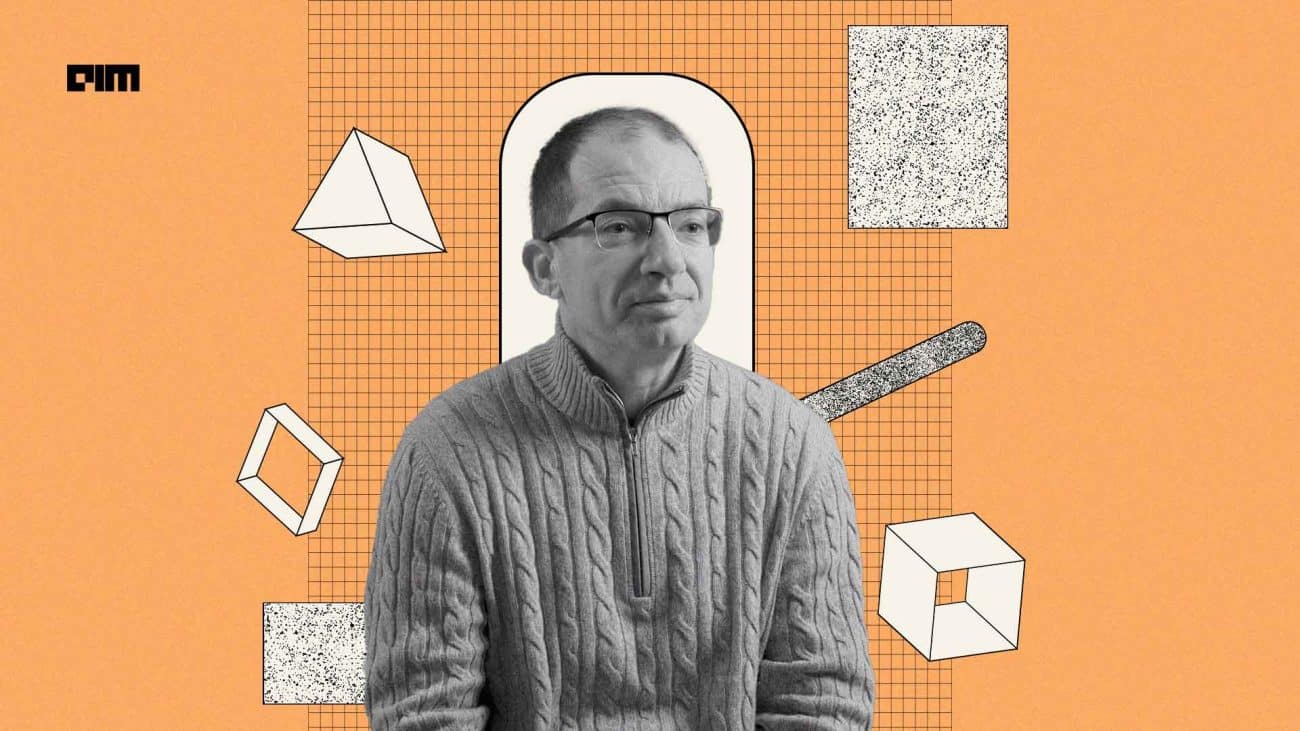The benefits of AI to the economic potential of a country can be enormous. In a recent gathering at IIT Jodhpur, the vice president of India, M. Venkaiah Naidu, stated that AI has the potential to add USD 957 billion or 15% of the current gross value to India’s economy by 2035. Around the world, governments have realised the importance and implications of AI and are trying to incorporate the right mechanisms of deploying AI to reap maximum benefits from it. In 2021, we saw AI taking a central place in the political space globally as well.
India Vice President M. Venkaiah Naidu calls for people-centric AI solutions in agriculture, health and education
Venkaiah Naidu called for tapping the potential of AI to benefit people and enhance the quality of life. He asked educational institutions, researchers, and developers to come out with practical AI solutions in agriculture, health, and education. He added, “If such solutions can be scaled up, even a small gain in efficiency and productivity can bring positive change in the lives of millions of people.”
While speaking about the potential of AI in governance, Naidu advised governments to look into using AI to improve the delivery of services. He advised that universities should work with local governments to develop solutions in governance and welfare. This will not only give the right exposure to students but will also make them come up with solutions to solve the problems that exist in society.
AI can help in sustainable justice delivery
Recently, law minister Kiren Rijiju said that AI can help in reducing the backlog of pending cases and sustainable justice delivery and in implementing court management tools such as case flow management, case management clearance rates, online information of case laws, and automated algorithm-based support systems that can improve efficiency. Though machines cannot replace human judges, they can assist in decision-making through mechanisms of a calculated and unbiased opinion, he concluded.
193 Countries adopt a first-ever global agreement on the Ethics of Artificial Intelligence
In a historic move, all the 193 member states of UNESCO have adopted an agreement that will define the principles for the right development of artificial intelligence. UNESCO chief Audrey Azoulay said that the “Recommendation on the ethics of AI” is the first global normative framework while giving states the responsibility to apply it at their level. It will aim to look at the positive impact of AI while reducing the risks that come with it. It will also ensure that digital transformations promote human rights and help achieve the Sustainable Development Goals (SDGs).
EU Draft Regulation for AI
The EU’s executive branch European Commission published a proposal for a regulation on artificial intelligence. This aims to place mechanisms and restrictions on the use of AI, its violations, and AI regulatory requirements, among others. It will follow a risk-based approach with various categories such as high-risk and limited and minimal-risk uses of AI systems. The regulatory intervention will increase along with the potential of harm the algorithms can cause.
China
Rely on big data, not experience to make key decisions
As per media reports, Chen Yixin, secretary general of the Central Political and Legal Affairs Commission in China, said that the city governments should rely on big data than on experience when making key decisions to minimise risks. He made this comment at a work conference on Beijing’s smart governance programme. The reports said that he urged for a more intensive and “comprehensive” collection of data from the grassroots level and the deployment of systems that can share this information among departments.
If artificial intelligence and big data are used in the right manner, focusing on reducing risks that come with it, governments around the world can benefit from it largely. Technologies can trickle down and reach the people at the bottom of the pyramid and improve their lives. For this to happen, all it needs is careful and detailed planning from policymakers and decision making bodies.




















































































